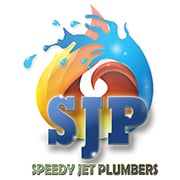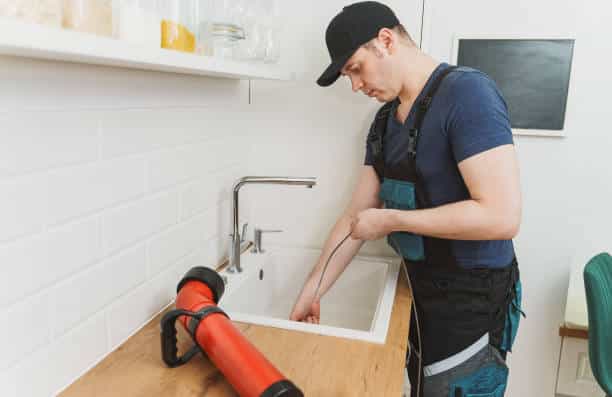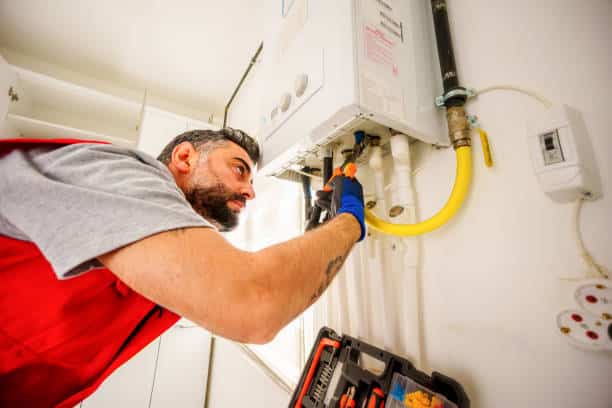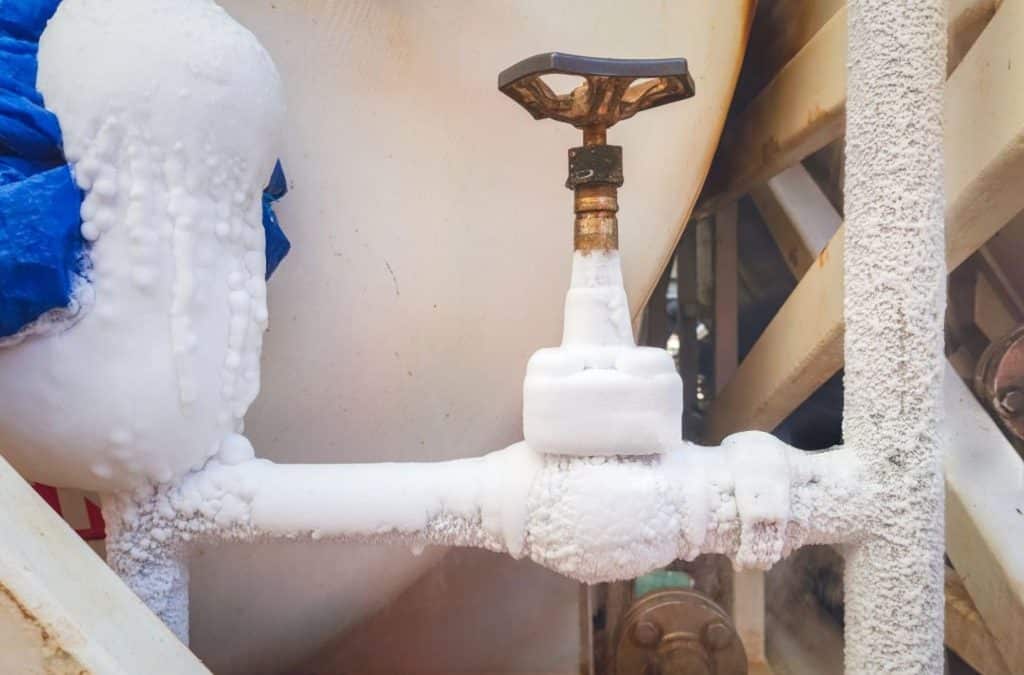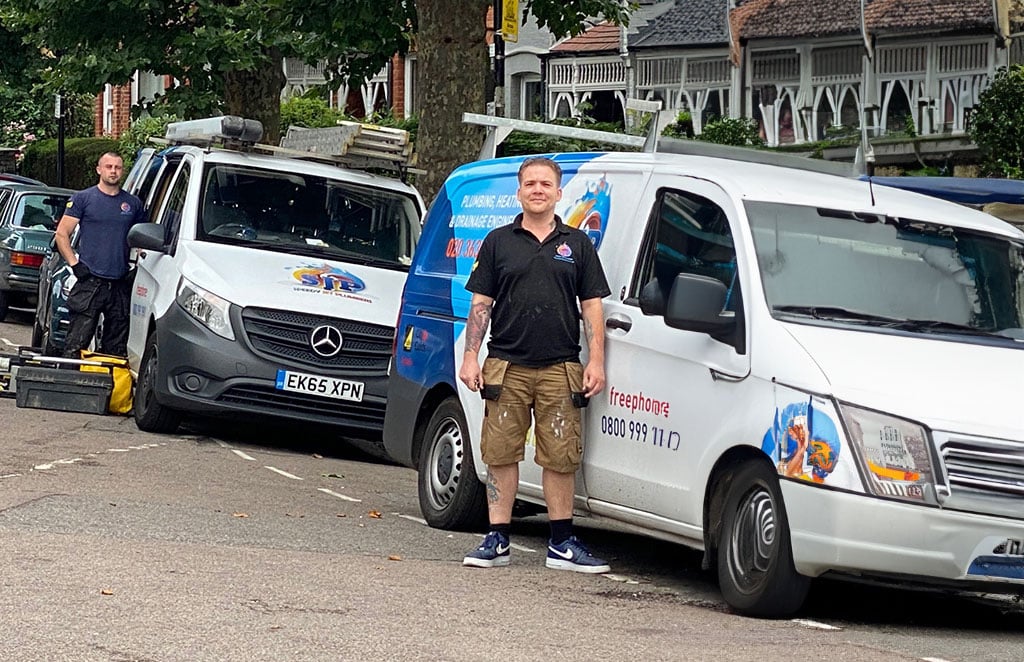Blocked drains are one of the most common plumbing issues in homes, rental properties, and commercial buildings. While many property owners attempt to unblock drains themselves, understanding the risks, effectiveness, and limitations of DIY methods versus professional services is essential.
At Speedy Jet Plumbers, we provide expert professional drain service, ensuring clogged sinks, toilets, and pipes are cleared efficiently and safely. This guide will explore DIY methods, professional techniques, safety considerations, and maintenance strategies to help you make informed decisions.
Common Causes of Blocked Drains
Knowing why drains become blocked helps you decide whether a DIY solution is suitable or if professional intervention is required. Common causes include:
- Hair and soap buildup: Common in bathroom sinks and showers
- Grease, fat, and food debris: Often in kitchen sinks, causing slow drainage
- Foreign objects: Items accidentally flushed down toilets or sinks
- Tree roots: Can infiltrate older underground pipes
- Mineral deposits: Hard water can cause limescale accumulation, narrowing pipes
- Collapsed or corroded pipes: Common in older properties
Identifying the cause early ensures you choose the safest and most effective solution.
DIY Drain Unblocking Techniques
1. Plungers
A plunger is one of the simplest tools for unclogging drains or blocked toilets.
Pros:
- Quick and easy for minor clogs
- No chemicals required
Cons:
- Ineffective for severe or deep clogs
- Can cause water spills or mess if used improperly
Tip: Always use a plunger designed for toilets when working with toilet blockages to avoid damage.
2. Chemical Drain Cleaners
Chemical solutions are designed to dissolve grease, hair, and soap scum.
Pros:
- Convenient and fast for minor blockages
- Widely available at local stores
Cons:
- Can damage PVC or older pipes
- Hazardous chemicals may cause burns or respiratory issues
- Ineffective against solid objects
Safety Note: Never mix different chemicals as this can create dangerous reactions.
3. Drain Snakes and Augers
A drain snake is a flexible coil that can reach deeper clogs.
Pros:
- More effective than chemicals for hair or small solid obstructions
- Minimal risk to pipe material if used correctly
Cons:
- Requires some skill to avoid pipe damage
- Not suitable for large, severe, or underground blockages
Tip: For toilets, always use a toilet-specific auger to prevent internal damage.
4. Boiling Water or Baking Soda/Vinegar Solutions
Pouring boiling water or a mixture of baking soda and vinegar can help dissolve minor grease clogs.
Pros:
- Environmentally friendly
- Low cost and readily available
Cons:
- Limited effectiveness on tough blockages
- Risk of burns if poured directly onto PVC joints
- Cannot remove solid objects
5. Wet/Dry Vacuum
Some homeowners use wet/dry vacuums to suck out clogs.
Pros:
- Can remove foreign objects
- No chemicals needed
Cons:
- Risk of damaging plumbing if not done carefully
- Not effective for deep or severe clogs
Tip: Always follow manufacturer instructions when using a wet/dry vacuum on drains.
Risks of DIY Drain Cleaning
While DIY methods can work for minor issues, there are significant risks:
- Pipe damage: Chemicals or forceful snaking can crack pipes
- Incomplete blockage removal: Partial clearance may worsen clogs
- Health hazards: Exposure to contaminated water or toxic chemicals
- Time consumption: DIY attempts often fail, leading to professional intervention anyway
When to Call Professional Drain Services
Professional help is necessary in situations such as:
- Recurring or persistent blockages
- Severe blockages in main sewer lines
- Blocked toilets that DIY tools cannot resolve
- Tree root infiltration or underground pipe issues
- Water backups or flooding risks
At Speedy Jet Plumbers, we provide:
- High-pressure water jetting to remove grease, sludge, and debris
- CCTV drain inspections for deep or hidden blockages
- Safe removal of foreign objects
- Long-term preventative solutions to avoid future problems
Advantages of Professional Drain Cleaning
1. Comprehensive Clearance
Professionals can ensure your drains are fully cleared, preventing recurring blockages.
2. Safety
Certified plumbers use safe methods, reducing chemical exposure and avoiding pipe damage.
3. Time Efficiency
Experts can address stubborn blockages quickly, saving hours of trial-and-error.
4. Preventive Maintenance
Professional inspection identifies potential problems like pipe corrosion or slow drainage before they become emergencies.
5. Cost-Effectiveness
Although professional service is more expensive upfront, it often saves money by avoiding repeated DIY attempts and costly emergency repairs.
Comparing DIY vs Professional Help
| Factor | DIY Methods | Professional Services |
|---|---|---|
| Cost | Low upfront cost | Higher initial cost, prevents repeated failures |
| Effectiveness | Minor blockages | Handles minor and severe blockages |
| Safety | Risk of chemical burns, pipe damage | Safe, certified methods |
| Time | Can be lengthy and frustrating | Quick and efficient |
| Long-term Results | Often temporary | Lasting, preventative solutions |
While DIY solutions are suitable for minor clogs, professional help is safer, faster, and more reliable for persistent or complex blockages.
Common Drain Problems Handled by Professionals
- Kitchen sinks: Grease, food, or soap buildup
- Bathroom drains: Hair and soap scum
- Toilets: Foreign objects or compacted waste
- Main sewer lines: Roots, sediment, or collapsed pipes
- Gutters and outdoor drains: Leaves, soil, and debris
Professional tools and experience prevent recurring issues and reduce stress.
Long-Term Drain Maintenance
To reduce future blockages:
- Regular flushing: Hot water weekly to clear minor grease or soap buildup
- Drain guards: Prevent hair or debris from entering drains
- Mindful disposal: Avoid flushing wipes, sanitary products, or grease
- Periodic professional cleaning: CCTV surveys and jetting prevent emergencies
- Chemical alternatives: Use eco-friendly enzyme-based cleaners for maintenance
Implementing these habits keeps drains healthy and reduces the need for emergency professional drain services.
Environmental and Safety Considerations
- Chemical use: Avoid harsh chemicals; they can harm the environment and your plumbing
- Protective equipment: Gloves and eye protection are essential for DIY attempts
- Waste management: Proper disposal of removed debris prevents contamination
Professional services ensure eco-friendly and safe cleaning practices.
Case Scenarios: DIY vs Professional Intervention
Scenario 1: Minor Bathroom Sink Blockage
- DIY: Plunger or drain snake may solve the problem
- Professional: Quick inspection ensures no hidden buildup
Scenario 2: Persistent Kitchen Drain Slowdown
- DIY: Baking soda or chemical cleaner might work temporarily
- Professional: High-pressure jetting clears grease and prevents recurring clogs
Scenario 3: Main Sewer Line Blockage
- DIY: Not recommended
- Professional: CCTV inspection and jetting necessary to prevent flooding
Scenario 4: Blocked Toilet from Foreign Object
- DIY: Plunger may fail; chemical cleaners ineffective
- Professional: Safe removal without pipe damage
FAQs – Drain Unblocking
How often should drains be professionally cleaned?
Every 1–2 years or sooner if you experience recurring blockages.
Can DIY methods damage my plumbing?
Yes, improper use of chemicals or tools can crack pipes and void warranties.
Are all blockages treatable with DIY methods?
No, only minor clogs. Severe blockages, tree roots, or foreign objects require professional service.
Can I prevent blockages entirely?
Regular maintenance, mindful disposal, and periodic professional inspections significantly reduce the risk.
Is professional drain cleaning expensive?
Initial cost is higher than DIY, but it prevents repeated attempts and emergency repairs, making it cost-effective in the long term.
